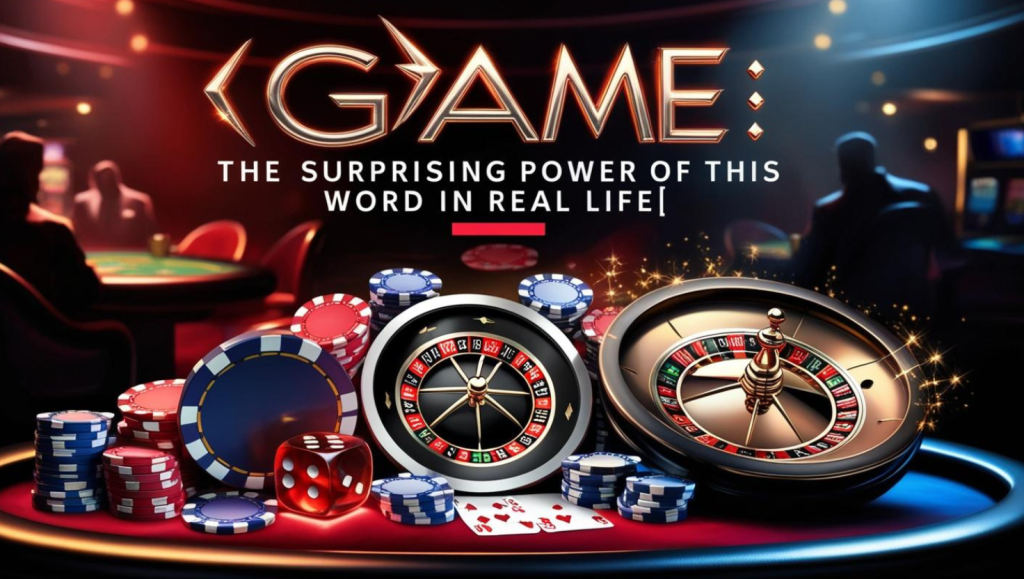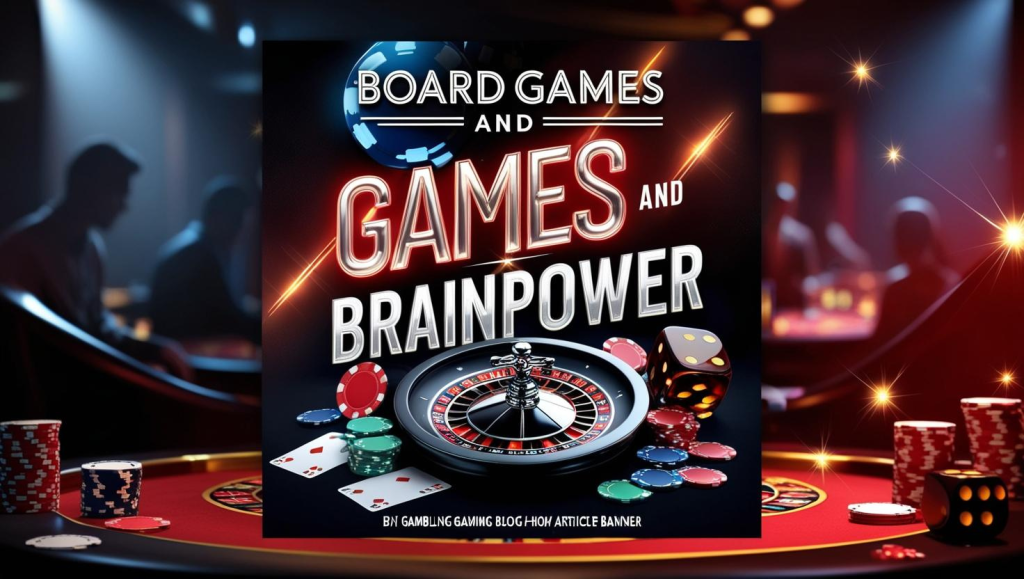
Let’s begin with a word we all use but don’t often consider deeply: game. On the surface, It is simply a type of entertainment.
But take a step closer, and you’ll discover that the term extends well beyond playgrounds, consoles, and casinos.
Whether it’s the “game of life,” a calculated maneuver in a corporate boardroom, or a Saturday afternoon session of Call of Duty, it define the way we live, think, and develop.
The Many Faces of a Game
It is not merely a hobby. It’s a mirror to society, a laboratory for decision-making, and even an indicator of emotional intelligence.
Indeed, when we create a high-quality, well-structured, and humanized blog article on the said topic of “game,” the layers of this very simple word unfold.
There are games that instruct us in resilience, such as chess or poker. They also are that ignite community, such as football or esports.
And there are games we don’t even refer to—such as job interviews, social dynamics, or business negotiations—but they work on the same dynamics: rules, strategy, timing, and risk.
Let’s go through some types and how they define our lives.
1. Video games – The New Narrative Universe
Originally criticized as wastes of time, It have developed into narrative-filled, emotionally stimulating experiences.
From the depth-of-world creation in The Legend of Zelda to the psychological complexity of The Last of Us, each game is a journey.
And how we interact with these stories is altering our relationship with storytelling itself. They are even being used as therapeutic interventions by some therapists to treat trauma and anxiety.
So yes, it can transform the way your brain functions.

2. Board games and Brainpower
Games such as Settlers of Catan, Monopoly, or Scrabble hone decision-making, vocabulary, negotiating, and even resource management.
Consider how a great game night typically features alliances, betrayals, and flashes of brilliance—or complete catastrophe. That’s life on a small scale.
It’s here that we once more create a high-quality, well-structured, and humanized blog post on the given subject.
3. Sports – The Discipline
From tennis to cricket to Formula 1, They are the bodily manifestation . In these instances, it denotes not just rules and scores, but also willpower, tenacity, and practice.
Ask an athlete, and they’ll affirm: it isn’t on the field—the game is what happens off of it, also. Diet, sleep, frame of mind, repetition. It resides within your self-restraint.
4. Life Itself – The Ultimate game
It sounds clichéd. The decisions we take, the tactics we employ, and the rules we obey—or disobey—determine our journeys.
Some play to survive, some to win, and some just play. It’s why it’s so easy to use metaphors —they define life as something we play, rather than undergo.
Once again, we’re here to create a quality, well-written, and humanized blog post on the provided topic.
5 Fast Steps to View Games Differently
Step 1: Notice
Pay attention to how frequently the term is used to describe things—guaranteed, it’s more than you think.
Step 2: Consider
Consider the games you play—body, mind, social, or emotional.
Step 3: Engage
Experiment with a new kind —out of your comfort zone and into a new set of rules.
Step 4: Learn
Break down what each is teaching you—patience, timing, choice-making, or collaboration.
Step 5: Apply
Take those teachings and apply them to your actual life. That’s where it really starts.
Q1. What is the real definition of a game?
A game is any organized activity with rules, objectives, and features of play, competition, or strategy. It may be for entertainment, practice, or survival.
Q2. Can games actually teach us life lessons?
Yes. Teamwork and leadership, patience and perseverance – many games reflect real-life dynamics.
Q3. Are all games competitive?
Not necessarily. Games may be designed to emphasize cooperation, storytelling, or learning without winners or losers.
Q4. Give some examples of games in our daily lives?
Job interviews, dating, politics, and negotiation tend to operate like strategy games, even though we may not call them that.
Q5. How do games affect our brains?
games engage regions of the brain associated with decision-making, memory, emotional control, and problem-solving. They also develop cognitive flexibility and social smarts.
Click here to stay updated with all of our latest blog posts and news –Game newsletter.
Click here to know more about this.
Daman Gift Code: What You Should Know.

